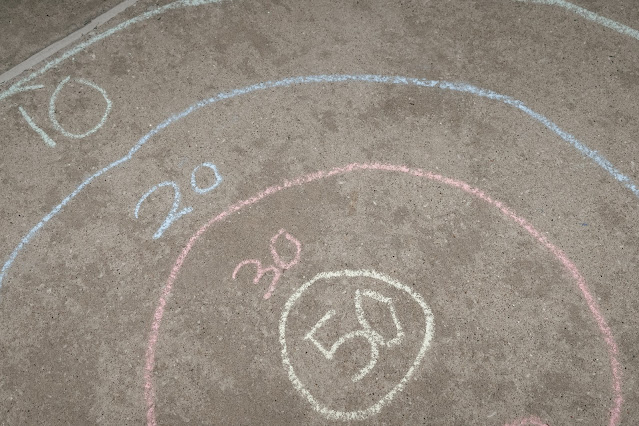Helping Your Child Master Numbers
No matter what type of schooling you have, numbers will come up. In mainstream schools, and sometimes to get into colleges, you will need math - although it doesn’t come easy to everyone. Some children see numbers that make sense, but for others, it feels tough.
And while everyone learns at a different speed, you can do many things to help your child master numbers at a speed that supports their natural learning.
Fun Learning
There is no better way to learn numbers than to make it fun. You can play many games; even snakes and ladders can help. There are many math or education-based apps that can encourage children to problem-solve. Counting when you are in the grocery store while picking up products on the shelf, counting money, and telling the time are all things that make learning numbers fun.
Here are some of the board games that can help with math:
- Danger Noodle
- Qwixx
- Clumsy Thief
- Cribbage
- Dungeons and Dragons
- Monopoly
Try to fit gaming for fun (learning) at least once a week. Card games are also a great option!
Schedule
The best way to get better at something is to do it often - and math is the same. Doing something regularly builds on knowledge and making sure that what is in there is easy to retrieve.
You might not be keen on a study schedule, but for the subjects that your child needs some extra help, they can be vital.
Create a study schedule that is flexible - so, for example, while the math session might always be on a Monday, it could be any type of math. This allows the child to have some autonomy over their learning and can encourage them to explore numbers in their own way.
Create the schedule with your child so that they feel like they are involved with their learning.
Tutor
Have you ever looked at your child's math work and wondered what you are supposed to do? You’re not alone! Children are learning more complicated math problems and new ways to solve them, and it can leave you scratching your head.
An online math tutor can teach you both a thing or two! Since a tutor is dedicated to one subject, they will be quick to assess your child, look for knowledge gaps and be able to work with them in a way that makes sense. And while you can stay involved, it takes the pressure off you a little.
Technology
An online tutor is a great start, but there are many options for math and technology. Here are just a few things that your child (and you) can do online:
- Robocode
- CodinGames
- Sudoku
- TopMath
- Cool Math Games
- Funbrain
And of the brain training games
Almost any device can be used for learning, and there are many different types of math options. Coding is a great option because it doesn’t always feel like math and can help them learn a new skill as they do it.
Celebrate
Something that is often missed out of great learning is the celebration - the celebration of remembering something, repeating something or suddenly understanding something. Many students are only rewarded when they pass a test. It can be fun to set little goals and challenges - but pay attention to the moments that they finally understand something that they have been working on.
Positive feedback and support can make the learning journey more enjoyable for them - and the better they feel about the subject, the more they are going to work at it.
Visual
Visual aids can bring math to life. Using colors, shapes, marbles, peanuts - anything that is to hand and age-appropriate. Children retain new information better when they can see it. An abacus is also a very useful tool - as simple as it is, they are great for getting children involved with their numbers.
Don’t Always Help
Sometimes, the best way we learn is when we have to do something for ourselves - and the same goes for children. Though we might be tempted to help them solve every problem, the only way they will be able to work through anything they come across is by trying.
Encouraging them to ask for help is important but showing them how they can research ways to solve problems is a life-long skill. For times when there is a sum, they are stuck on for a while, finding different ways to solve the problem is going to make a huge difference to them in the long term.
In the end, children love to learn, but some subjects feel trickier than others. The environment they learn in makes a big difference, too! Here are some tips to help: The Ultimate Guide to Creating a Productive Home Schooling Environment - Nanny to Mommy.





.png)


This is so helpful thanks for sharing these great tips. I really like the tip to no help so fast and let them work in out on their own.
ReplyDeleteheather hgtempaddy